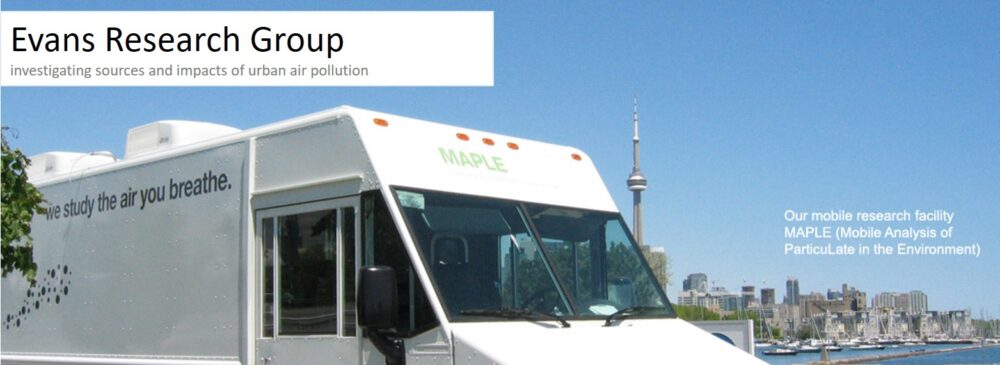Air pollution is often linked to adverse effects on respiratory health but it can have even stronger ties to cardiovascular health issues. In the first SOCAAR Seminar of 2013, Drs. Krystal Godri Pollitt and Bruce Urch discuss their findings from a number of recent human exposure studies looking at the effects of particulate matter (PM) exposure on cardiovascular health.
A number of studies over the last 10-20 years have found pollutant exposure has led to increases in cardiovascular related illness or death. But the mechanisms of the body’s response to exposure is still unclear. The research presented aims to improve the understanding of the response pathways to PM exposure, information which could ultimately be used to improve the air quality policies that are implemented. Continue reading

